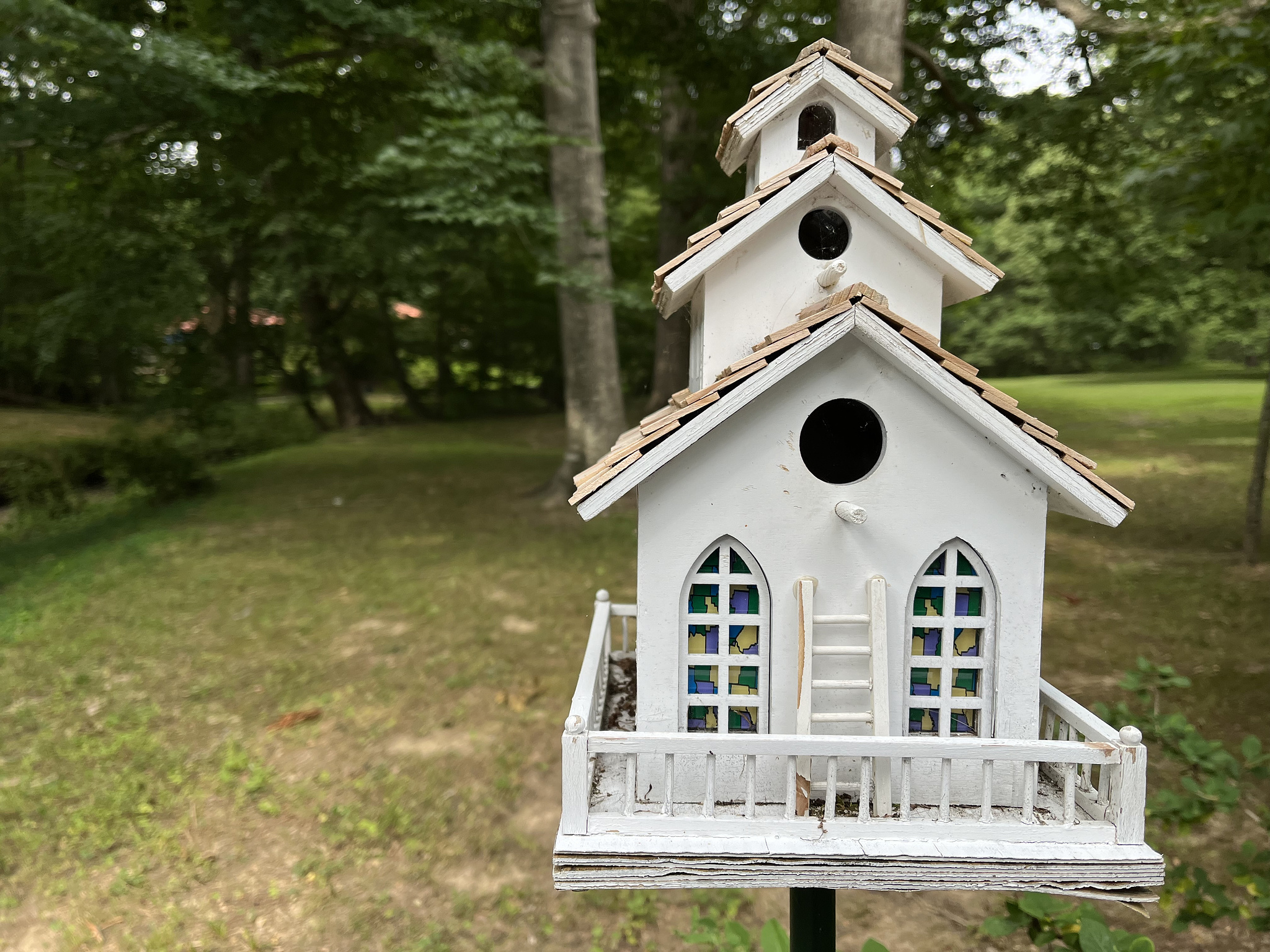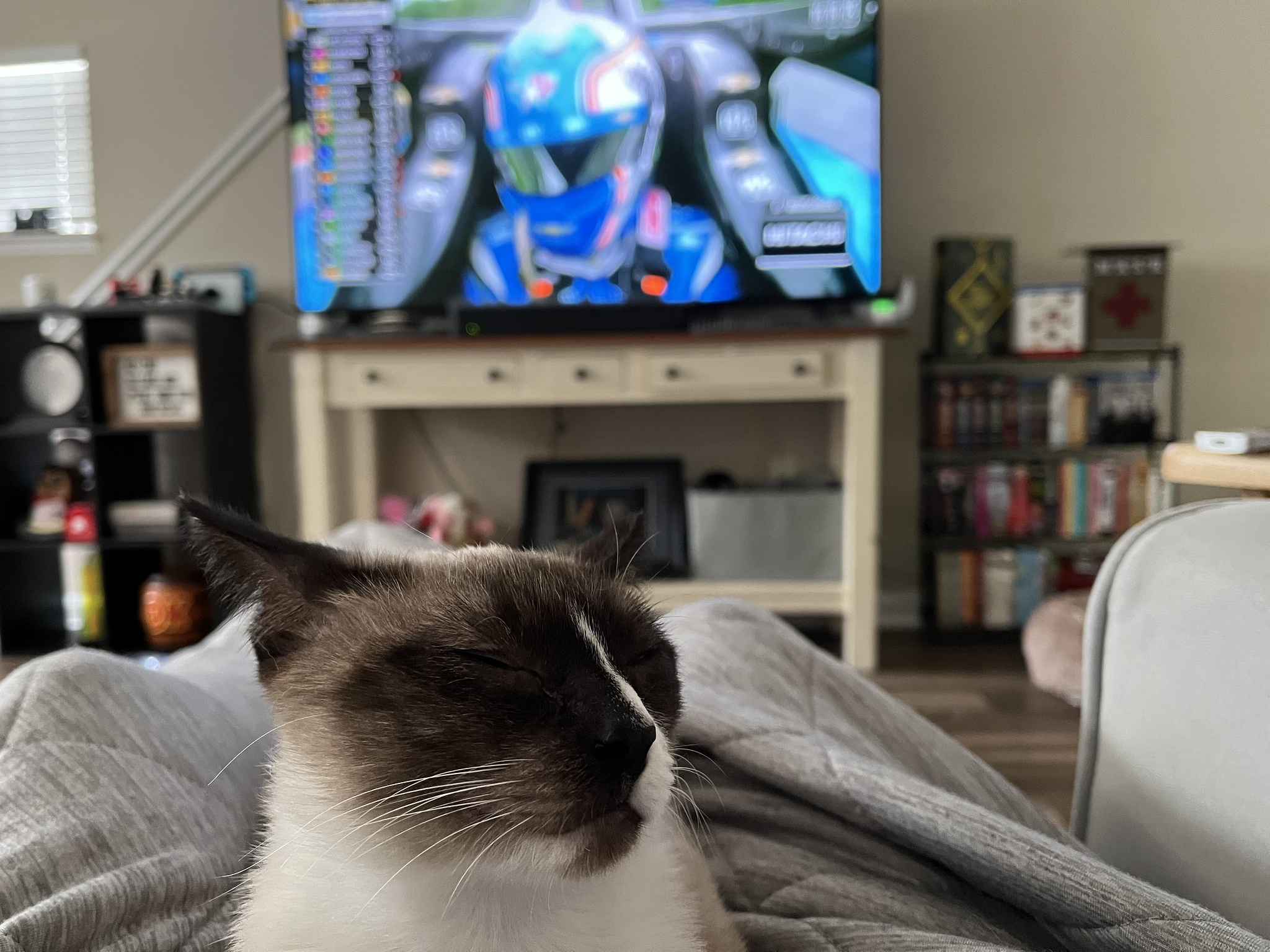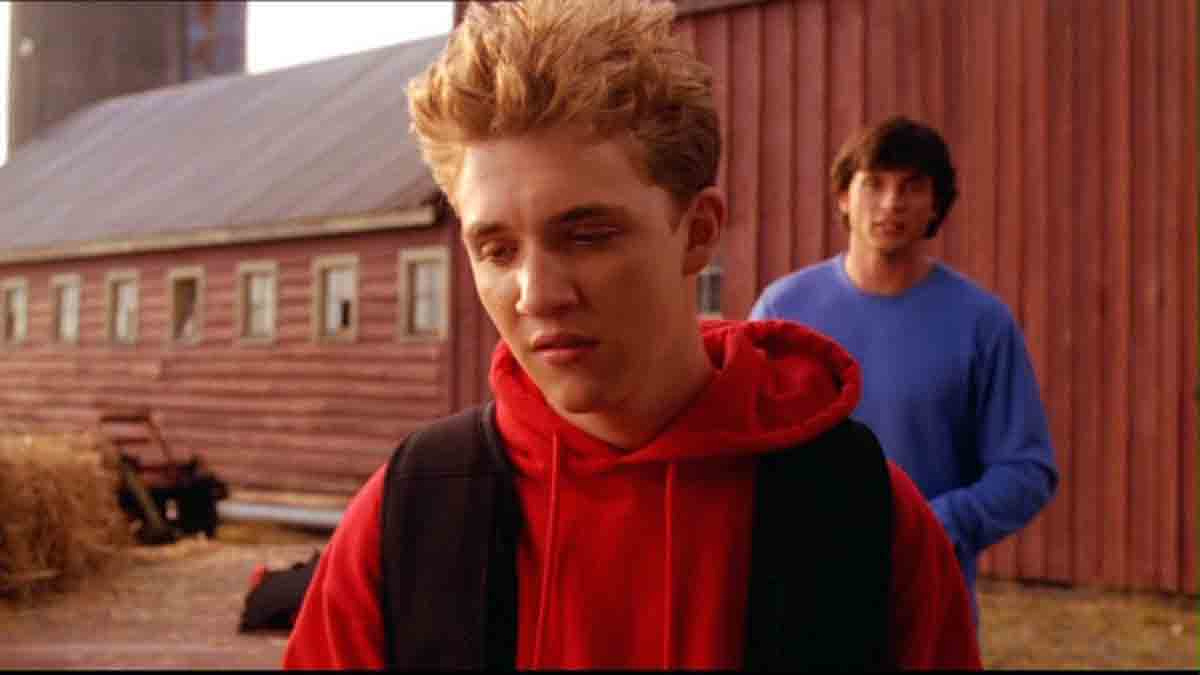Worked Out
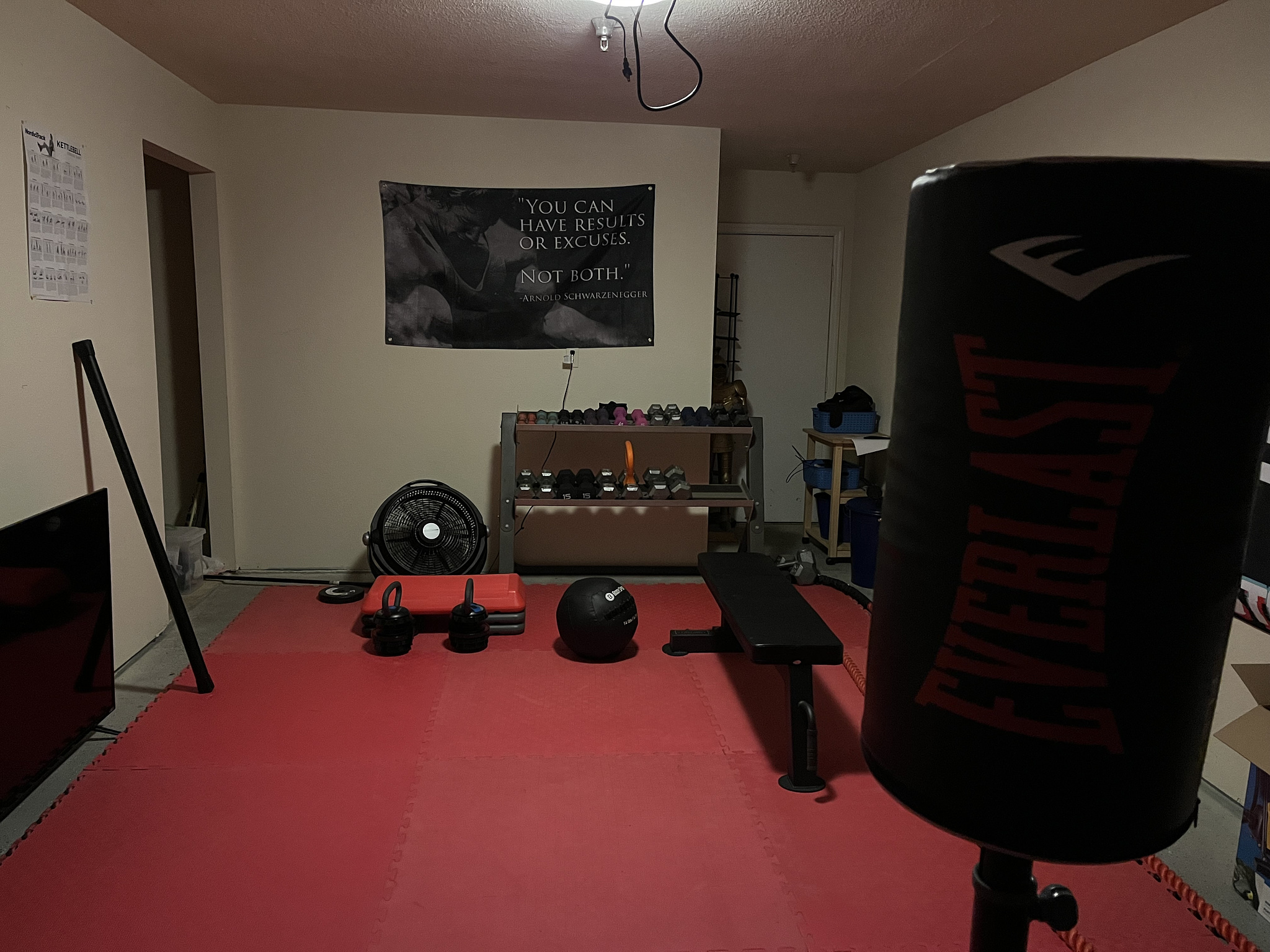
I worked out today. The first good workout in a while. I’m going to alleviate this recent lower back pain and feel a bit better.
Things That Are Up To Us
“[1] “Some things are up to us and some are not. Up to us are judgment, inclination, desire, aversion1—in short, whatever is our own doing. Not up to us are our bodies, possessions, reputations, public offices—in short, whatever isn’t our own doing.
2 [2] Moreover, the things that are up to us are naturally free, unimpeded, and unobstructed, while the things that aren’t up to us are weak, enslaved, subject to impediment, and not ours.
3 [3] So remember this:4 if you regard things that are naturally enslaved as free, if you regard things that are not yours as yours, you’ll be obstructed, dejected, and troubled, and you’ll blame both gods and men. But if you regard as yours only what is yours, and as not yours only what is not yours, which is the way things are in reality, no one will ever constrain you, no one will impede you, you’ll blame no one, you’ll reproach no one, you’ll never act reluctantly, no one will harm you, and you’ll have no enemies, because you’ll never suffer harm.”
Excerpt From
The Complete Works
Epictetus
This material
may be protected by copyright.
Epictetus on the Deadening of the Soul
Most of us dread the deadening of the body and will do anything to avoid it. About the deadening of the soul, however, we don't care one iota.
Epictetus
Discourses I, 5.4
Working from Home with the Kitty

Chilling with Jupiter

Lunch
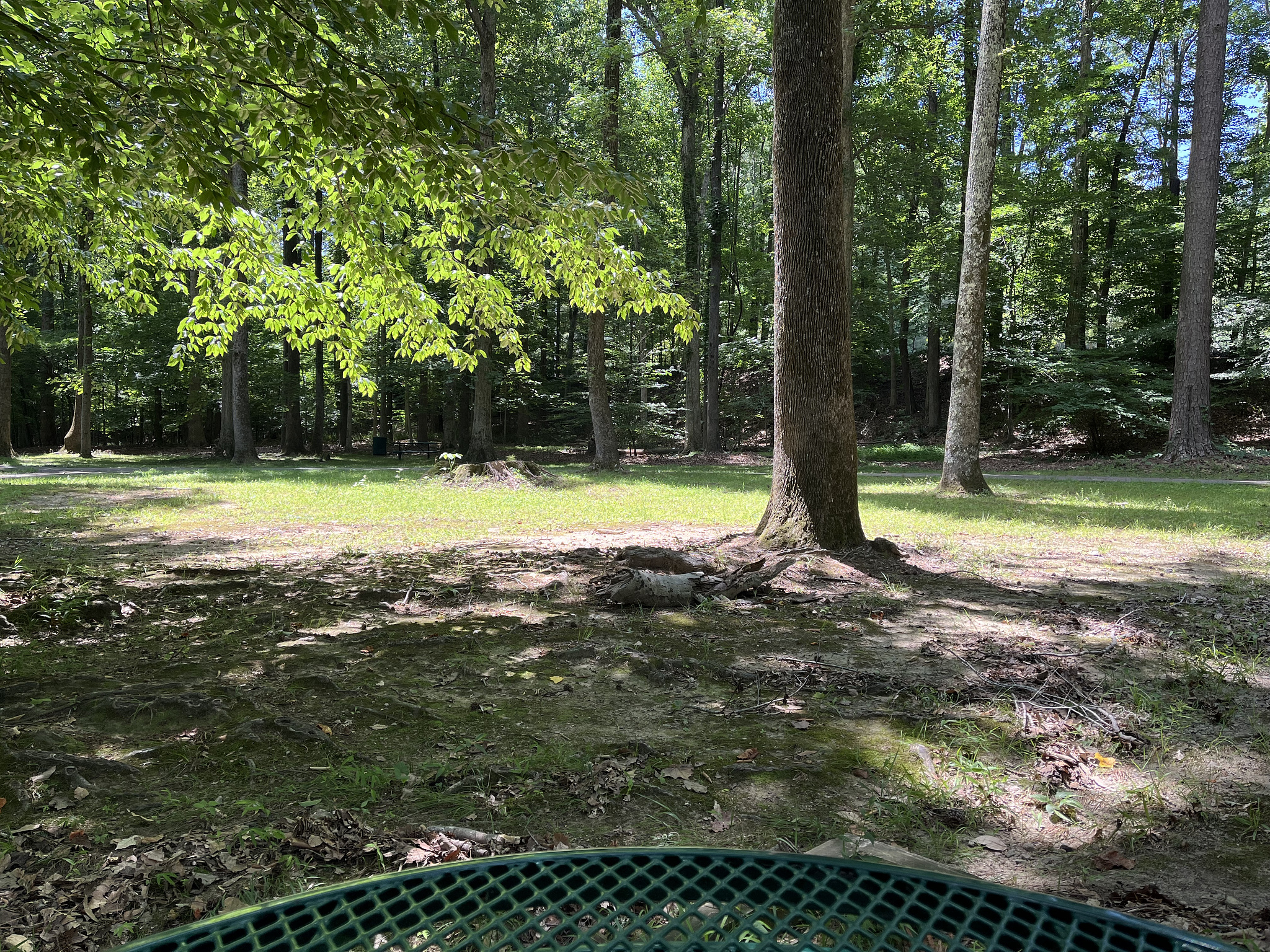
Afternoon Break

A Few Notes from Stop Reading the News by Rolf Dobelli
Anything that might pique readers’ interest and boost sales was considered newsworthy by the publishers, regardless of whether it was actually important. This fundamental fraud – the new being sold as the relevant – has persisted to this day. It remains the dominant model in print, online, on social media, the radio and television.
It’s also worth pointing out that many of these long, high-quality pieces are surrounded by vacuous nonsense that rains down on readers like cheap confetti. In other words, they’re often contaminated by the news. And I don’t want to drink from contaminated sources. I’ve chosen a radical path, I know.
The world is a complicated place. Try to read a book a week. If after twenty pages it hasn’t expanded or altered your world view, or otherwise managed to capture your attention, put it aside.
You’ve probably devoured roughly 20,000 news items in the past twelve months, approximately sixty per day at a conservative estimate. Be honest with yourself, can you think of a single one that helped you make a better decision about your life, your family, your career, your well-being or your business? A decision you wouldn’t have made without the news?
The news they supply us is irrelevant, but it’s sold as relevant. ‘The relevant versus the new’: it’s the fundamental battle facing us today.
Liberating myself from a news addiction took time, willpower and a readiness to experiment. Above all, I was seeking answers to the following questions: what is the news? What makes it so irresistible? What happens in our brains when we consume it? How can we be so well informed yet know so little?
These ‘negative obstacles’ are what make the news so insidious. I didn’t realise this until much later, by which time I’d spent tens of thousands of hours consuming the news. I asked myself two questions: do you understand the world better now? And: do you make better decisions? The answer in both cases was no.
When I ask you to give up the news, I can do so with a clear conscience. It will make your life better. And trust me: you’re not missing anything important.
Sometimes the media rather grandiosely calls these snippets of information ‘breaking news’ or ‘top world headlines’. This doesn’t change the fact that they’re largely irrelevant to your personal world. You can safely assume that the more ‘breaking’ the news, the less it actually matters to you.
All Excerpts From
Dobelli, Rolf. “Stop Reading the News.” Hodder & Stoughton
Ltd, 2019-11-18. Apple Books.
Relaxing Moments Today
Meditations 2.1
1. When you wake up in the morning, tell yourself: The people I deal with today will be meddling, ungrateful, arrogant, dishonest, jealous, and surly. They are like this because they can’t tell good from evil. But I have seen the beauty of good, and the ugliness of evil, and have recognized that the wrongdoer has a nature related to my own—not of the same blood or birth, but the same mind, and possessing a share of the divine. And so none of them can hurt me. No one can implicate me in ugliness. Nor can I feel angry at my relative, or hate him. We were born to work together like feet, hands, and eyes, like the two rows of teeth, upper and lower. To obstruct each other is unnatural. To feel anger at someone, to turn your back on him: these are obstructions.
Excerpt From
Meditations: A New Translation
Marcus
Aurelius, Hays
I often read this quote and I'm pretty sure I know why Marcus began chapter two with such a thing. I think anyone who deals with the public on a day-to-day basis finds themselves frustrated with what mankind has become. So, when I read that Marcus Aurelius was struggling with the same "meddling, ungrateful, arrogant, dishonest, jealous, and surly" that I seem to encounter on a daily basis at my job, I find a bit of comfort in knowing that people have not changed. That even an Emperor a couple thousand years ago found people frustrating.
Of course, like the great philosopher that he was, Marcus Aurelius takes things one step further and gives advice on how to relate to these people. To understand their daily plight is born of ignorance, not necessarily malice. And that we all too, all of us, have been ignorant in our lives.
Every morning, when I arrive at work, I try to recall this quote. I try to rehearse it in my head, as a way to prepare myself for the day to come.
A Lesson
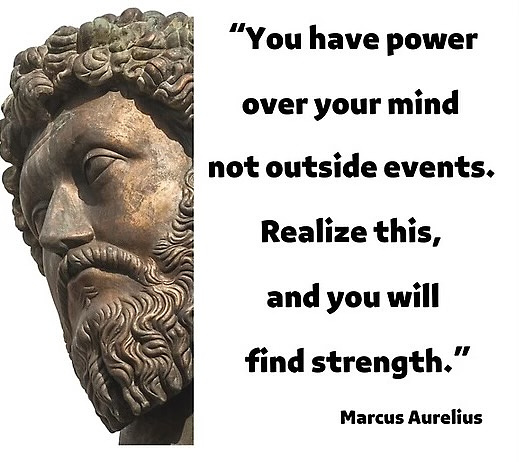
A Short Break


